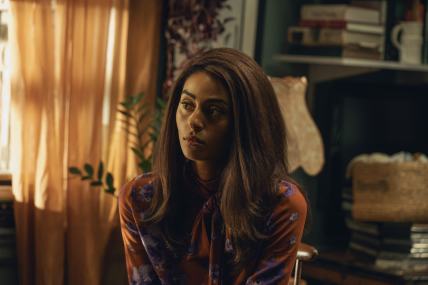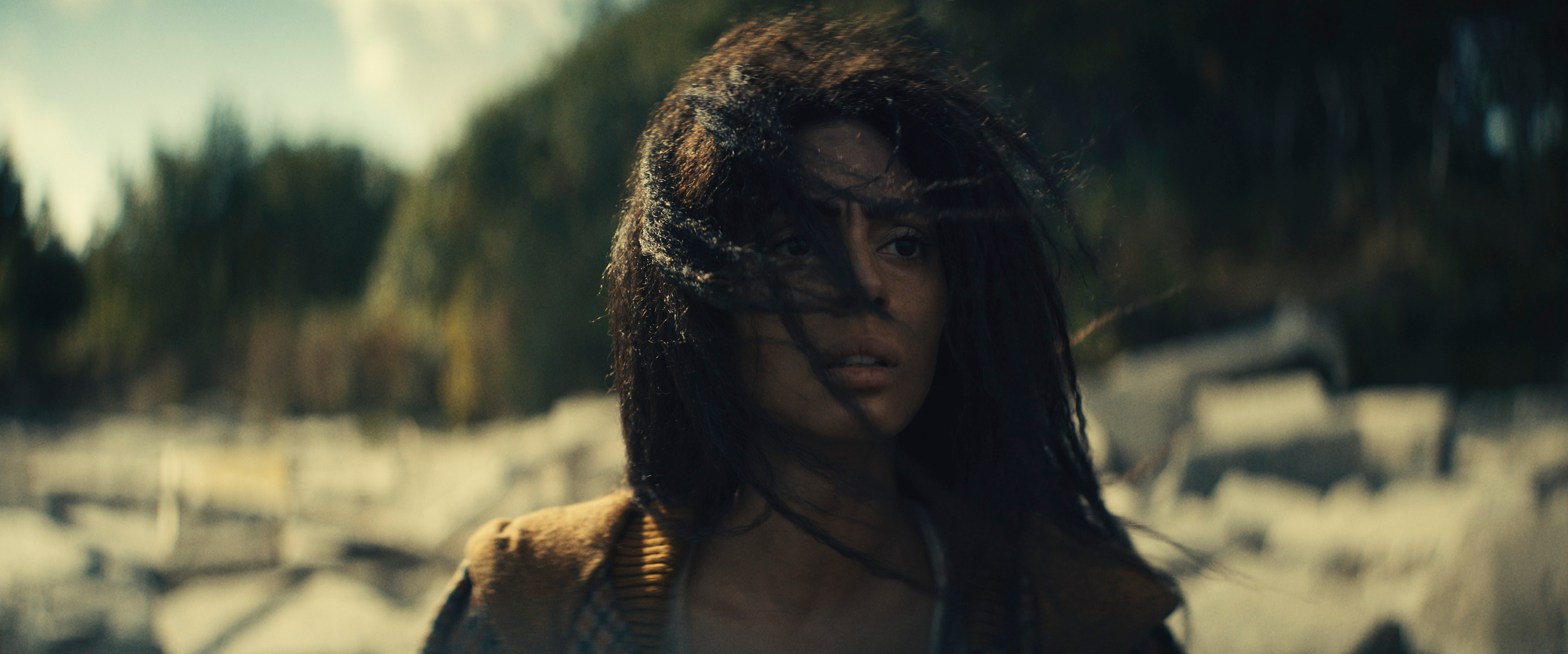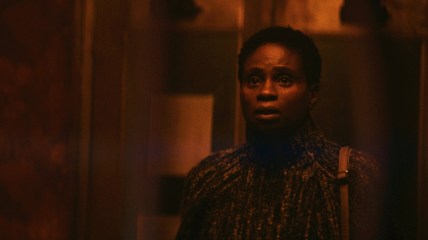The Changeling, Episode 8 Recap: What was it all for?
In the 30-minute (!!!) season finale of the series starring LaKeith Stanfield, we're left with more questions than answers.
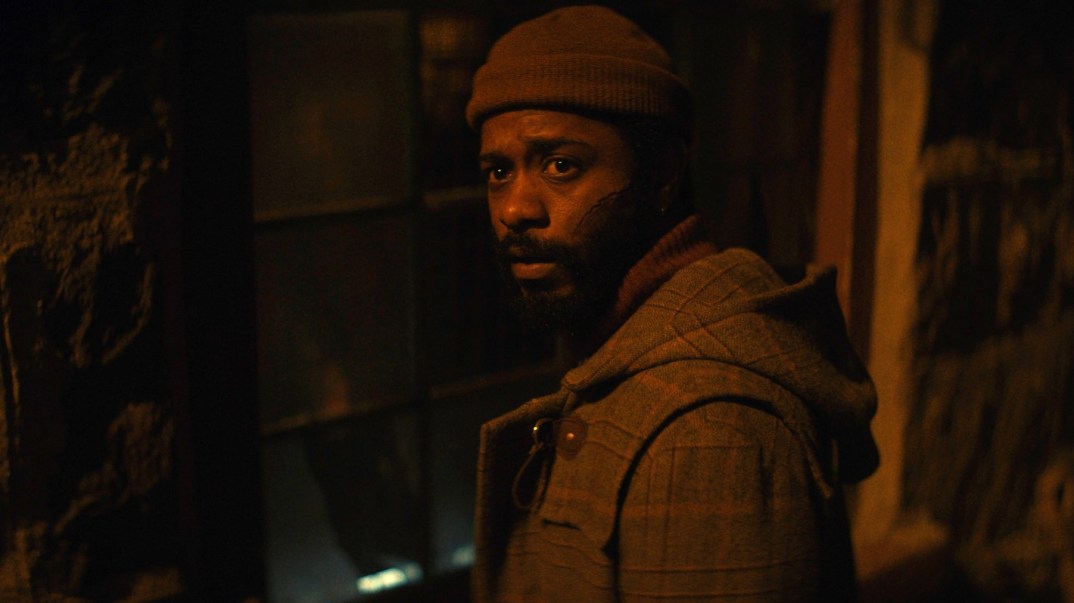
Editor’s note: The following article is an op-ed, and the views expressed are the author’s own. Read more opinions on theGrio.
Season one of the Apple TV+ series “The Changeling” has come to an end, with far more questions than answers — and not in a good way. A 30-minute finale to an hourlong drama seems criminal and cruel — to the storytellers and to the audience. The finale is so incomplete that I had to email the Apple TV+ publicists just to make sure I wasn’t missing the final cut. But let’s recap it anyway to see where we went wrong.
The episode begins with “The Changeling” author Victor LaValle narrating, as he’s done all season. LaValle tells a story of how the ancestors of one of the show’s villains, Kinder Garten, came to America from Norway in 1825, surviving an impossible journey with the help of something otherworldly. It’s the same otherworldly power that Kinder Garten calls to North Brother Island as revenge for Apollo (LaKeith Stanfield) not bringing Kinder Garten’s wife, Gretta, back to him.
The monsters attack the island, bombing many of the shelters where the mothers and the children were. The bombing kills Gretta. Cal and Apollo lead the surviving mothers and children off the island but stay behind to give the mothers and children a chance to escape without the monsters chasing them. Cal fights Kinder Garten (and kills him, maybe? But probably not!). Afterward, she leaps off a cliff to her death to prevent the monster that Kinder Garten summoned from having the satisfaction of killing her, and so she can finally see her child again. Apollo watches from a small boat as he rows away from the island with the goal of finding his wife Emma (Clark Backo) and baby Brian in “the only forest in New York City.”
Emma is hiking through the woods, seemingly getting closer to wear Brian is being held, and she hears a baby crying. Apollo rows to shore. They both say “I’m coming for you.” Then it seems the series flashes ahead to what we might see in season two. Kinder Garten is at a computer on a Zoom call with other men watching footage of a cave. Apollo approaches the cave. A baby bites Apollo’s finger and draws blood. As Apollo walks into the cave, a giant eyeball opens and the series abruptly ends.
Even with only 30 minutes, much of the episode feels like filler without a feeling of satisfaction for the hours put into the show. To get my own answers and satisfaction, I read the book to see if it ends the same way. It doesn’t.
Season one ends less than 70% of the way through the novel. The remaining 30% of the book explains hugely significant things that the series pretends either don’t matter or wrongly believes can wait for a season two. The first is the significance of Brian’s grave. In the series, Apollo’s mother had tried to get him to go there to no avail. In the third act of the novel, however, he finally goes there, and for good reason.
Another unfulfilled plot point is why characters kept repeating that Emma looked like a sorceress (in the nude photo, on the boat rowing to shore). The significance of Jorgen Knudsen, the gallery owner who’s displaying Emma’s nude photo, is also not clear and differs significantly from the book but with no explanation for why. It’s also unclear why Kim would take the check from Apollo when she knew she had betrayed him (which isn’t explained in the book either, but at least she apologizes for it). And by god, what was Emma’s third wish? All of these unfinished stories are answered with a sentence or two in the book and are not nearly compelling or complex enough to hold off answering for another season.
Most of all, not having Emma and Apollo at least reunite to look for Brian together before season one ends is an odd narrative choice. That the series is only eight less-than-60-minute episodes and the finale is only 30 (!!!!) minutes seems like a wasted opportunity to tell a complete story. What was it all for?
I think, at its core, “The Changeling” wants to be a story about motherhood and the ways that men — agents of patriarchy — conspire to contort motherhood and rob mothers of their agency and power. We see that through Brian West’s attempts to control Lillian (Alexis Louder/Adina Porter), targeting her for marriage and motherhood because she’s an immigrant with no family over whom he could exert unchecked power and control. We see this with Brian’s son Apollo and his efforts to control Emma in order to protect his own fragile sense of self as a “good father”.
These women have to take their power and agency back in violent ways against the men who took their light from them. And yet, we get six of eight episodes told from Apollo Kagwa’s perspective. For the majority of the series, we view Emma and Lillian and their motherhood through Apollo’s distorted lens. Why?
As an adaptation of the novel, this series is as faithful as they come. Word for word, bar for bar, show creator Kelly Marcel copies author Victor LaValle’s flow, to the point that LaValle even narrates each episode.
But even in the book, even with LaValle’s compelling writing, about halfway through, the story gets tedious. Apollo’s story of a grief-stricken father, his hunt to find (and murder!) his crazy wife, is just not the most interesting story of the two. The story is about a postpartum mother who knows her baby has changed but can’t get anyone to believe her, not the medical system and not even the man who promised himself to her. Failed by these systems that should have protected her, this mother has to handle these horrors on her own, with the help of strangers — other women who believe her and have suffered the same systemic and romantic failures.
But LaValle doesn’t seem to know that, telling his entire novel from Apollo’s perspective. And Marcel corrects this in the series only to a degree. Using episode six to tell the story from Emma’s perspective and episode seven to tell the story from Lillian’s perspective is a creative choice based only on exposition in the book, not scenes of their agency without Apollo. It’s a welcomed change, but as I mentioned in the episode seven recap, it happens far too late in the series. We mostly get a LaKeith Stanfield-driven story about a “good dad” who doesn’t even realize that the thing he’s cradling and cooing at and choosing over his clearly distressed wife is not even a baby.
Towards the end, the series uses precious time introducing thinly drawn caricatures like the mole man in episode six, or like exposition factory Cal and Kinder Garten’s wife Gretta, whose deaths are supposed to sting. They give us the little girl Gail whose only purpose is to show how great of a dad Apollo is, even to a stranger’s kid. But genuinely who cares about any of these superfluous characters! Give us Emma stepping into the sorceress power people keep saying she has. Give us Apollo eating humble pie with Emma and begging her forgiveness. Together, let the sorceress and the god Apollo fight the monsters we never even get to see in season one. Give us something in this finale that honors our time spent with these characters and compels a season two.
Without a big finish or even answers to the manufactured riddles in the show that were explained in the book in a sentence or two, the series feels like an uneven attempt at an ambitious story. Here’s hoping they find their footing in season two.
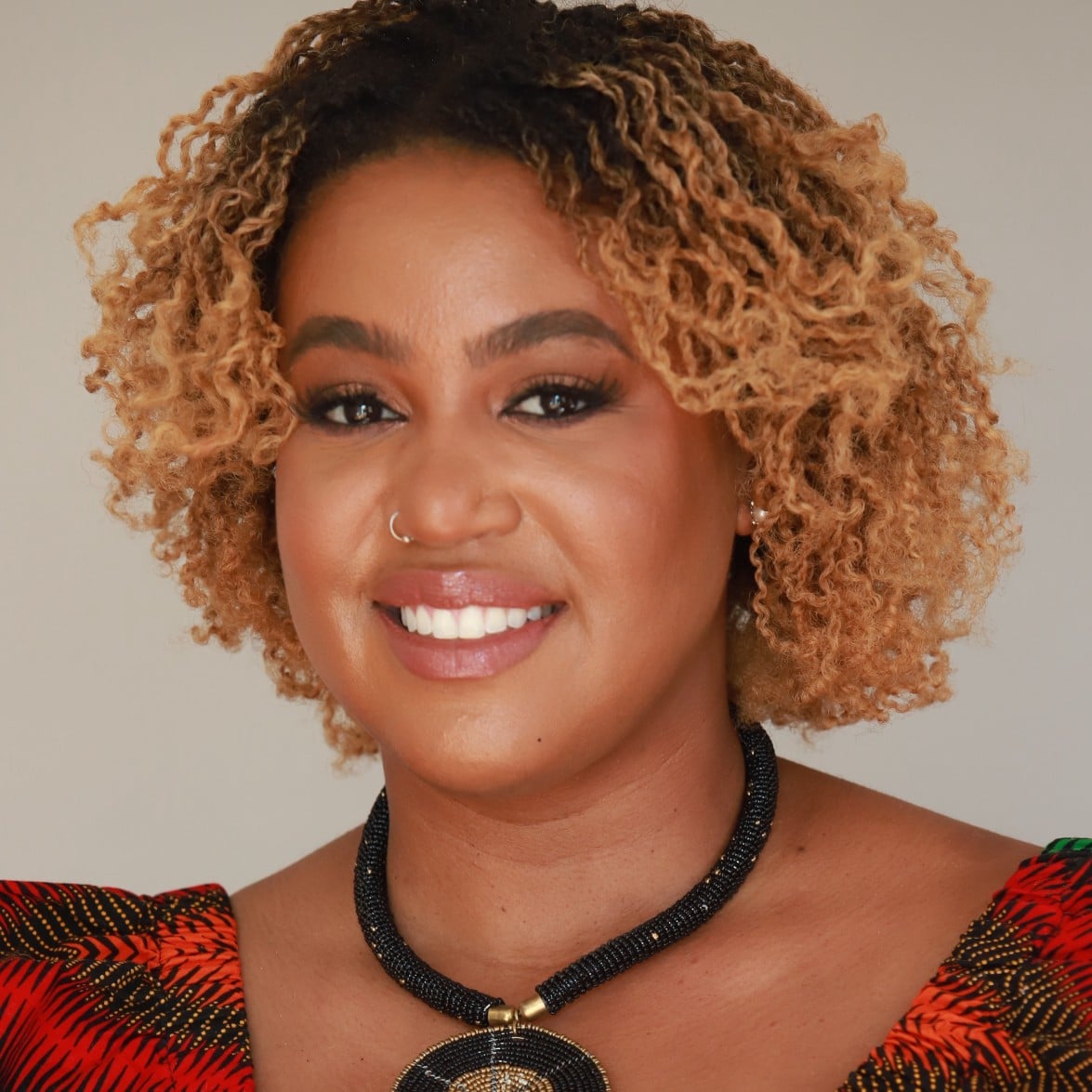
Brooke Obie is an award-winning critic, screenwriter and author of the historical novel “Book of Addis: Cradled Embers.”
TheGrio is FREE on your TV via Apple TV, Amazon Fire, Roku and Android TV. Also, please download theGrio mobile apps today!
